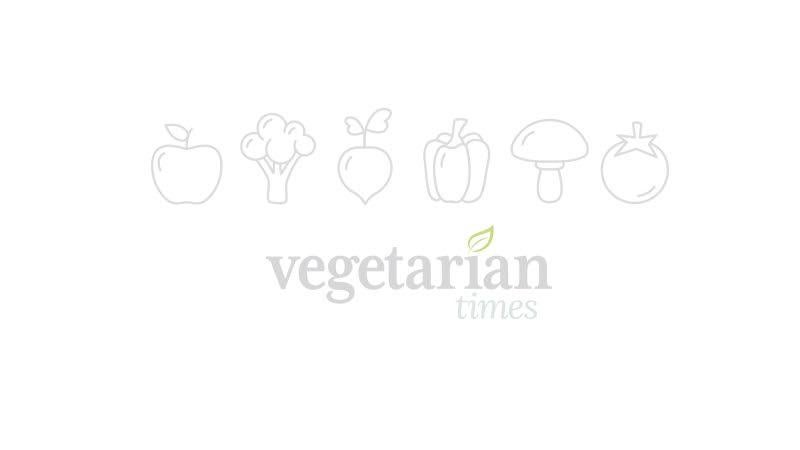Carrot & Stick: March 2009

Carrots to:
Navajo Nation, the largest Indian reservation in the United States, for adding the bald eagle to its list of endangered species. A 2006 ruling ordered the federal government to drop the bird from its endangered list, but when the Navajo Nation’s list recently came up for review, the group opted to protect the eagle’s habitat and population within Navajo jurisdiction, including parts of Utah, Arizona, and New Mexico. “We manage and protect species on our own schedule or agenda, our own set of code and regulations, and so regardless of what’s happening federally, we can protect as we need to,” says David Mikesic, a zoologist with Navajo Nation’s Department of Fish and Wildlife. In 2008, a federal judge reinstated bald eagles in the Sonoran Desert to the endangered species list, so eagles in that part of the country are now protected by two governing bodies.
Amazon.com, for instituting “frustration-free packaging.” Anyone who has ever tried to break into a hermetically sealed plastic package—sometimes called a clamshell—knows how wasteful and exasperating it can be. Thankfully, Amazon.com is now “working with leading manufacturers to deliver products inside smaller, easy-to-open, recyclable cardboard boxes with less packaging material.” The online retailer is starting with 19 of its best-selling items from Fisher-Price, Mattel, Microsoft, and electronics manufacturer Transcend, but Amazon.com’s vision is to one day offer its entire catalog sans “wrap rage.”
Idaho State University, for suspending its use of live animals as surgical models. The decision was prompted by a complaint the Physicians Committee for Responsible Medicine filed with the U.S. Department of Agriculture, charging that ISU’s use of live dogs violated the Animal Welfare Act because nonanimal technologies are available. Within two days of the complaint, ISU announced it would discontinue the practice. More than 90 percent of schools use medical mannequins in lieu of live animals for surgical and trauma training.
Sticks To:
The U.S. Postal Service, for its sluggish response to claims of unhealthful working conditions among its mail-sorting employees. Some postal workers say they’ve suffered from adult-onset asthma, respiratory ailments, and eye problems due to mail-sorting machines that emit paper dust. The National Institute for Occupational Safety and Health denied the American Postal Workers Union’s request for a health hazard evaluation. The request included a list of 434 workers claiming work-related health problems and testimonials from workers and relatives of deceased workers. The last formal study of air standards in postal facilities was in 1998. In its reply, NIOSH said dust levels are well within those specified by government regulations.
Montana State Senator Roy Brown, for his histrionic response to rumors that he is a vegetarian. During Brown’s 2008 run for Montana governor, his neighbor, a Democrat, wrote an e-mail to the chairman of the Montana Democratic Party—a cattle rancher—claiming Brown had told her that he and his wife were vegetarians. In a state that houses 11,000-plus cattle ranches, the rumor spread like wildfire. Brown quickly and blatantly declared, “I am not and have never been a vegetarian,” further explaining that he and his family did temporarily cut back on their meat and dairy consumption many years ago when they were caring for a dying loved one who couldn’t eat those products. “I am disgusted by the baseless allegation that I am a vegetarian and that my personal eating habits should somehow be construed as opposed to the economic interests of Montana’s livestock industry,” Brown said.
Canada, for sanctioning the world’s largest slaughter of marine mammals. Every year, from November 15 to May 15, hunters are allowed to shoot and/or club and skin about 250,000 seals. The United States banned sealskin imports in 1972, and the European Union has proposed banning the import of seal products from countries—including Canada—that “practice hunting methods that involve unnecessary pain.” The Humane Society of the United States is leading a boycott of seafood products from Canada in order to exact further leverage. More than 5,000 restaurants and grocery stores, including Fresh Market, Whole Foods, and Trader Joe’s, are participating in the boycott.